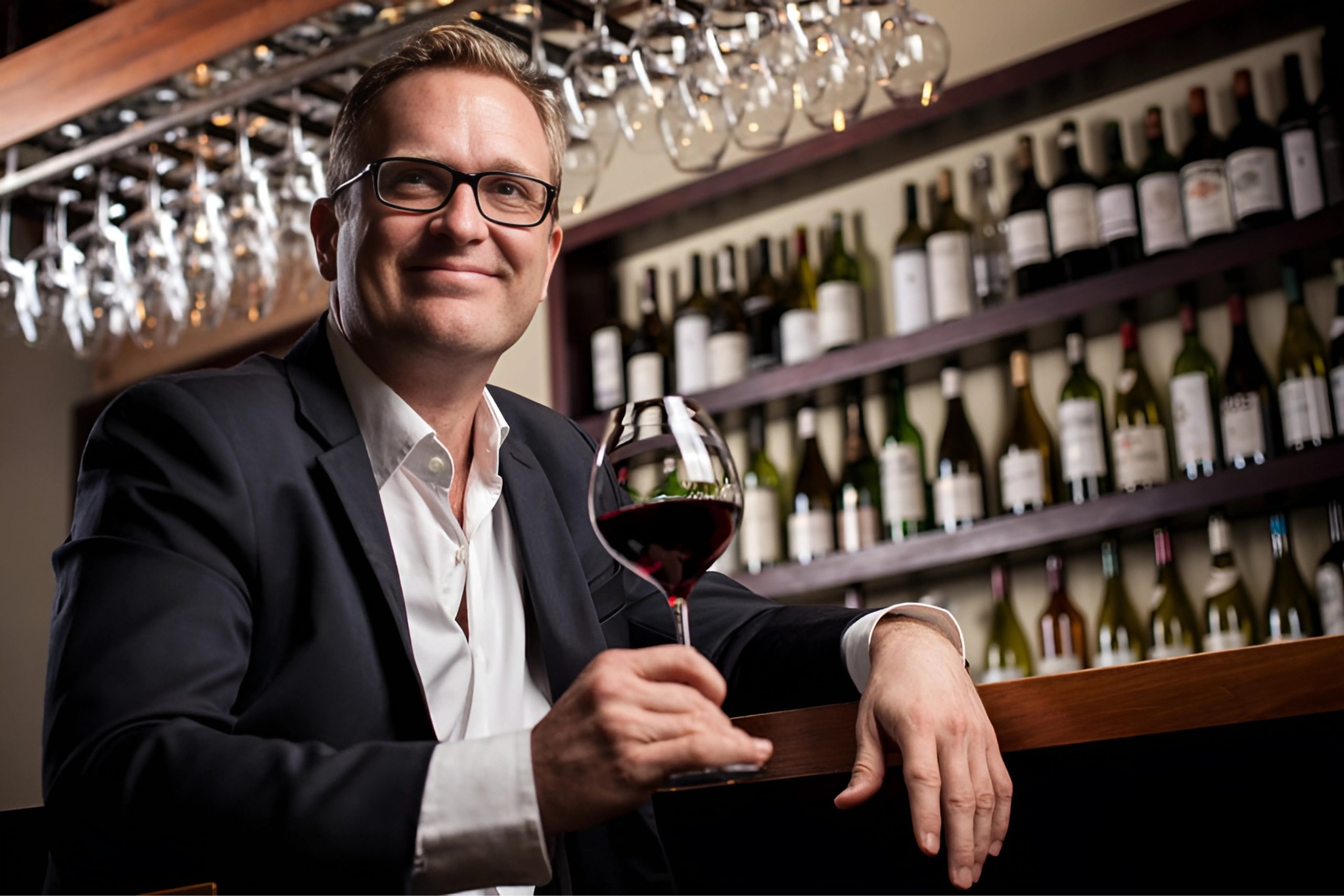Nicolas Feuillatte hits new sales high
Champagne Nicolas Feuillatte broke a new sales record last year shipping a total of 9.9 million bottles during the 12 months to the end of 2013.
Nicolas Feuillatte sold 9.9m cases in 2013
News of the near 10m total emerged during a meeting at the start of this year between the drinks business and Dominique Pierre, managing director of the brand and the cooperative which produces it, Centre Vinicole Champagne Nicolas Feuillatte (CV-CNF).
Pierre told db that the new figure represented a 7-8% volume increase on 2012, when the brand sold a little under 9.1m bottles, although last year’s total was only just ahead of the Champagne’s previous record, 2011, when Nicolas Feuillatte sold 9.6m bottles.
The result means that Nicolas Feuillatte has retained its position as Champagne’s third biggest brand behind Moët and Veuve Clicquot, although Nicolas Feuillatte is still the biggest name in France, with a 52% share of the domestic Champagne market.
Speaking about the latter market, Pierre said proudly that 70% of Nicolas Feuillatte’s sales in French retailers last year were off-promotion, despite a high pressure to cut prices due to the challenging economic climate.
While as much as 42% of Champagne is sold in French retailers on some sort of price promotion, according to Pierre, just 30% of Nicolas Feuillatte sales were made due to a discount.
As a result, Pierre said that last year’s volume increase was not achieved due to low-margin sales. “The real result is that it was profitable growth,” he said.
Looking ahead, he said that while he could decrease the price of Nicolas Feuillatte by 3-4% and sell “a lot more volume”, such a tactic “was not the aim”.
Instead, he stressed that he wasn’t concerned if Nicolas Feuillatte saw its volumes stabilise, because he said he wanted to retain the proportion of sales off-promotion.
As for the very deep discounts seen in European supermarkets during the Christmas period last year, Pierre said that the Champagnes used for such offers were from “companies that needed cash that they can’t find at the bank”.
The Centre Vinicole Champagne Nicolas Feuillatte cooperative in fact produces an average of 20m bottles annually, with just over half the total grapes supplied to the organisation used by growers to make their own labels, rather than going into the Nicolas Feuillatte brand.
Partner Content
However, historically, this proportion was higher, explained Pierre.
“In the past, and not that long ago, the major role of our winegrowers was to produce and sell their own wines, which they gave us to transform,” he said.
Continuing he pointed out, “But now we see that it is much more difficult for them to sell the product.”
Not only does retail consolidation restrict the number of outlets open to sell such grower Champagnes, but fewer consumers are visiting the region to buy these labels directly, preferring to order big name brands over the internet instead, said Pierre.
Furthermore, with the price of grapes now almost €6 per kilo, their highest level ever, selling the grapes to a cooperative or négociant “makes more sense economically”, he added.
But two further factors are favouring an increase in branded Champagne sales at the expense of grower Champagnes, according to Pierre.
One is the fact that “the big majority of consumers want to associate themselves with a brand, so it is harder for growers to sell Champagne except in speciality stores or restaurants.”
The other is the fact that the best way to ensure a consistent style of Champagne is to use grapes from a range of sources across the region, a luxury not available to most growers with small plots in a single village.
“The real truth is that the difference with Champagne is that it is a blend: if you are only coming from one village, then you are dependent on the local weather conditions, and it is more difficult to have a blend that guarantees the same quality – and the consumer always wants the same quality,” stated Pierre.




